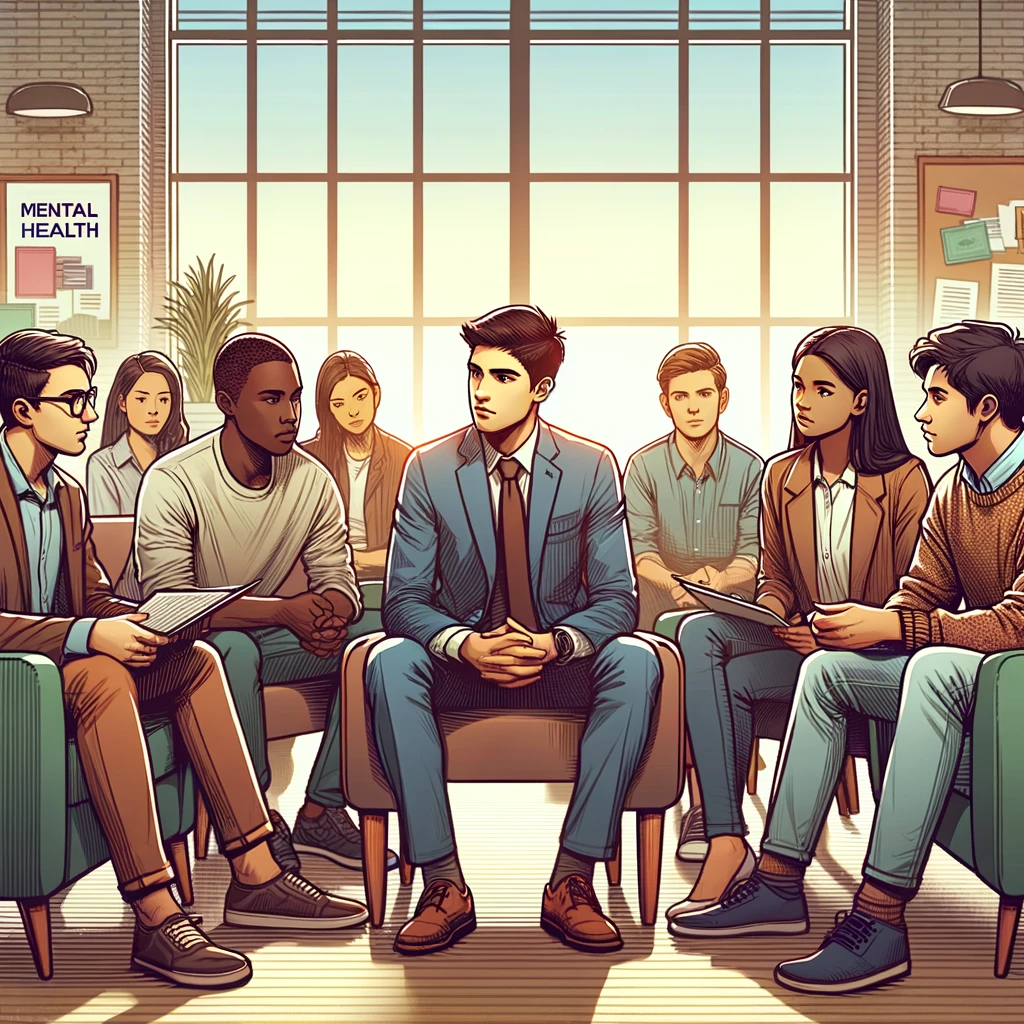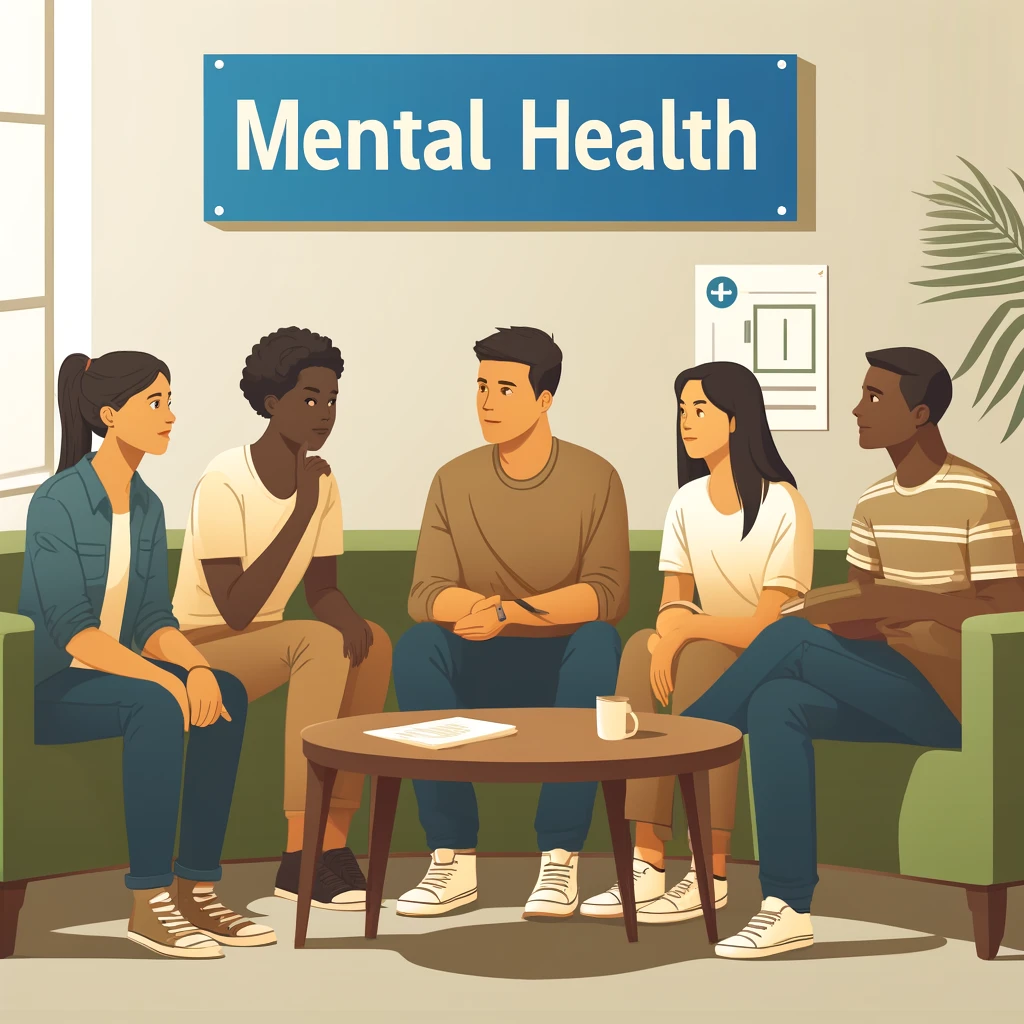77% of students experienced some kind of psychological distress, either moderate or severe.
54%
experienced loneliness, and
30% had exhibited suicidal behavior.
76%
of undergraduate students have considered dropping out.
Possible Causes of Mental Health Issues
Academic pressure
The academic pressure of college can lead to a variety of mental health issues. In Spring 2022, 51% of ACHA survey participants reported experiencing academic challenges. 76% reported challenges with procrastination, and 12% reported challenges related to faculty.
Relationships
New or changing relationships in college, whether friendships, intimate relationships, or roommate relationships, can also lead to stress for students. In the survey, 39% of participating students reported challenges with intimate relationships, 32% with roommates or housemates, and 25% with peers.
Harassment and discrimination
According to the ACHA survey, 12% of participants experienced sexual harassment, 11% experienced discrimination, and 17% experienced microaggressions. In addition, 7% of students experienced bullying, and 4% had issues with cyberbullying in particular.
Grief and loss
27% of survey participants reported experiencing the death of a close friend or family member while in college. Further, 40% reported challenges related to illness of someone close to them.
Loneliness
The ACHA survey tested for loneliness using the UCLA Loneliness Scale, which ranks loneliness on a scale from 3 to 9. On this scale, 54% of college students scored positive for loneliness, with a score from 6-9.
Access to Mental Healthcare for College Students
According to the Penn State Center for Collegiate Mental Health (CCMH) 2021 Annual Report, college counselors often have over 100 students. Some even have as many as 300 students per counselor. This high number generally means less care for each student experiencing mental health concerns.
Voice of a student
Therapy is expensive. According to Forbes, costs per session range from $100 to $200, which adds up to thousands of dollars per year for weekly sessions.
Most of the licensed trauma therapists I’ve found in my area start at $150 for fifty minutes, and most explicitly state that they do not take insurance, so everything will be out of pocket. Look, I value my mental health a lot, but I don’t have that kind of money. I can’t ask my parents to pay because they won’t, and a broke-ass college kid surely isn’t going to shell out well over five thousand dollars for therapy when it could be used to purchase a lifetime supply of instant ramen instead. I am painfully aware that having that kind of money to drop on therapy is a luxury, not a right.
On top of the financial matter, there is the intense social stigma associated with mental health care, which is a cost all its own.
My parents aren’t exactly proponents of mental health, and their stance is sadly one that I clearly see throughout my school and society as a whole. I see how my schoolmates treat mental health, how they degrade and deride those for whom living itself is an accomplishment. I see the intense distrust people place in those deemed “mentally ill,” how they fear and pity and hate them—us—me. Even now, undiagnosed and secretive, pretending to be pedestrian, I’ve been joked about. “Sapakshanama is the most likely to be a school shooter.” Such a misguided and hurtful connection. What if they knew that I am actually mentally ill? Every shred of normality I’ve fought for would be torn apart. I can’t stand being pitied. I can’t stand being hated. I can’t stand being me.
The Disability Resource Center’s tent seemed scarier up close, the kind, smiling staff not enough to allay my sense of deep dread.
It felt wrong, coming here. The lady asked me how she could help, and I told her I had the same question. I learnt about some of the ways the college could aid me, got an email address for further questions, and went on my way.
Something in the back of my head always nibbles at me though—what if I’m faking all of this? What if, because I don’t have access to an official diagnosis,
I’m not actually disabled, not traumatized or depersonalized or suicidal or paranoid or autistic or the myriad other things which seem to describe my life so eloquently? I go in circles, arguing with “myself,” and that is when I desperately wish to have a diagnosis, to be able to go: look here, I am hurt. A diagnosis would be an impetus for support. However, I don’t want to be judged, infantilized, degraded. I worry that “officially being” autistic or someone with complex PTSD or whatever it is will surely change people’s perception of me, if they ever find out. I don’t know the right path, but college may be my chance to find it.



